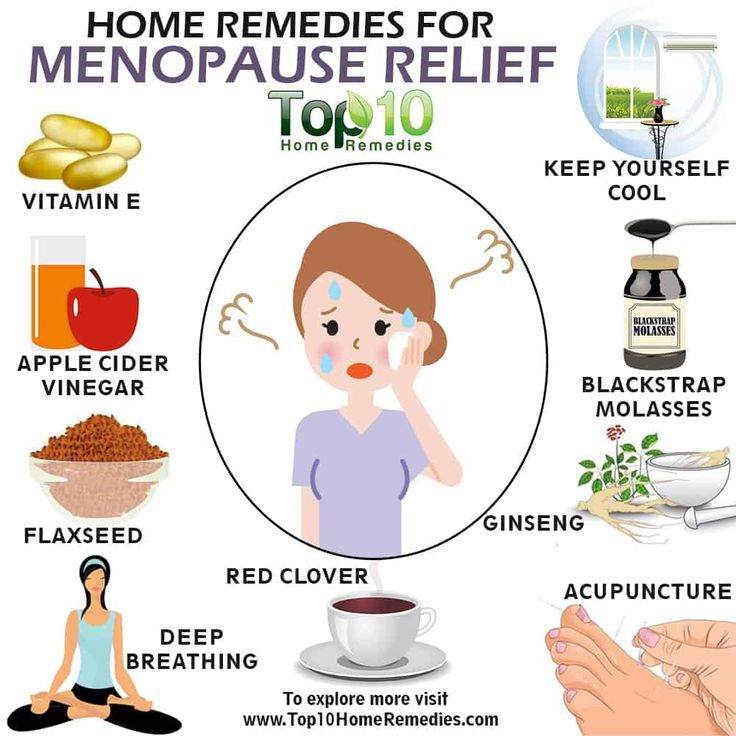Menopause is a natural phase in a woman’s life, marking the end of her reproductive years. It typically occurs between the ages of 45 and 55, although it can happen earlier or later for some women. The hormonal changes during this time can lead to various physical and emotional symptoms, but with the right knowledge and strategies, menopause can be navigated with ease. In this article, we will discuss some helpful tips to help women manage the challenges of menopause.
Understanding Menopause
Menopause is caused by a decrease in the production of estrogen and progesterone, the hormones responsible for regulating the menstrual cycle. As a result, women experience a variety of symptoms, including hot flashes, night sweats, mood swings, vaginal dryness, and sleep disturbances. It is important for women to understand that these symptoms are normal and temporary, and there are ways to alleviate them.
Healthy Lifestyle Changes
Adopting a healthy lifestyle can greatly reduce the severity and frequency of menopausal symptoms. Regular exercise, such as brisk walking or yoga, can help improve mood and alleviate hot flashes. Eating a balanced diet rich in fruits, vegetables, whole grains, and lean proteins can also help manage symptoms. Additionally, avoiding triggers such as caffeine and alcohol can minimize hot flashes and sleep disturbances.
Managing Emotions and Mood Swings
The hormonal fluctuations during menopause can lead to mood swings and irritability. Finding healthy ways to manage these emotions is crucial. Engaging in activities that bring joy and relaxation, such as meditation or spending time with loved ones, can help improve mood. Seeking support from friends, family, or support groups can also provide a much-needed outlet for expressing emotions and gaining perspective.
Hormone Replacement Therapy
Hormone replacement therapy (HRT) is an option for women experiencing severe menopausal symptoms. HRT involves taking medications containing hormones to replace the ones the body no longer produces. It can effectively alleviate symptoms like hot flashes, night sweats, and vaginal dryness. However, it is essential to discuss the risks and benefits of HRT with a healthcare professional, as it may not be suitable for everyone.
Alternative Therapies
Many women find relief from menopausal symptoms through alternative therapies such as acupuncture, herbal remedies, and biofeedback. Acupuncture has been shown to reduce the frequency and severity of hot flashes, while certain herbal supplements like black cohosh and evening primrose oil may help alleviate other symptoms. However, it is essential to consult with a trained professional before starting any alternative therapy to ensure safety and effectiveness.
Self-Care and Menopause
Self-care plays a crucial role in managing menopause with ease. Getting enough restful sleep, practicing relaxation techniques, and engaging in activities that bring joy and fulfillment can all contribute to improved well-being. Taking care of oneself physically, mentally, and emotionally during this transitional period is incredibly important.
Menopause is a natural phase in a woman’s life that can bring about physical and emotional changes. By understanding menopause, adopting a healthy lifestyle, managing emotions, considering hormone replacement therapy or alternative therapies, and practicing self-care, women can navigate through this transition with ease. Remember to consult with healthcare professionals for personalized advice and support to ensure a smooth journey through menopause.

